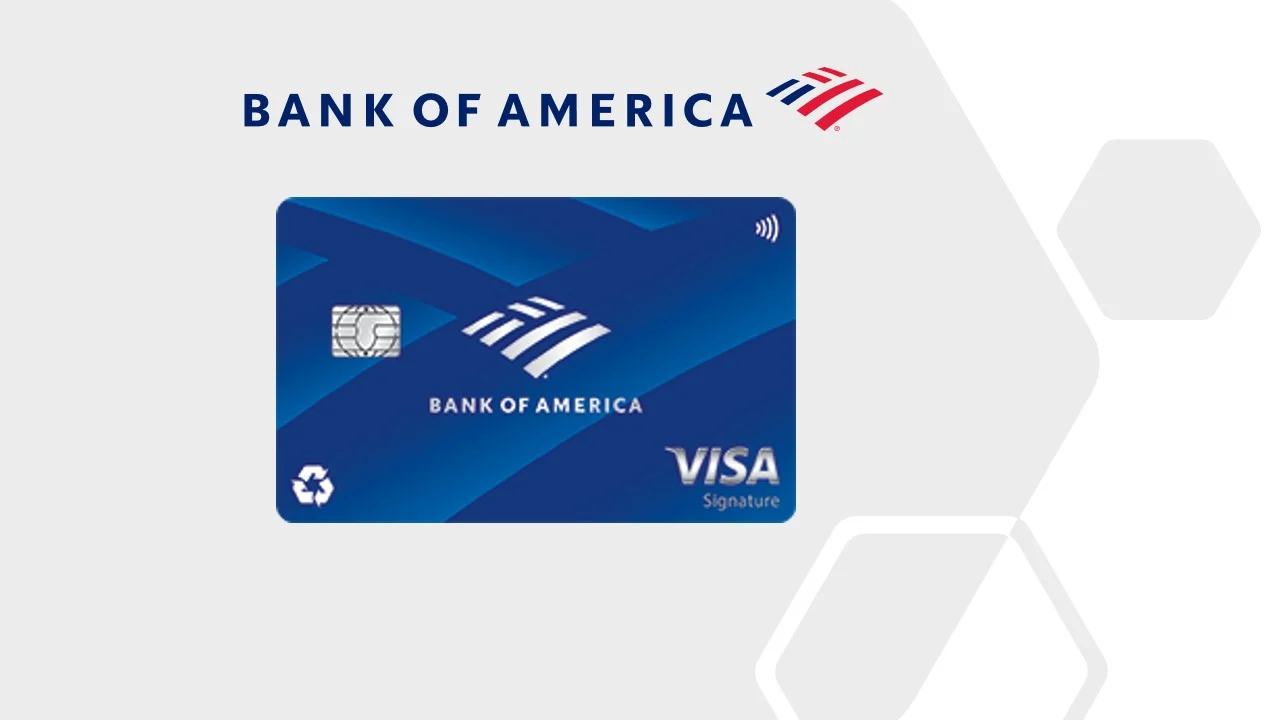How Credit Cards Can Influence Your Credit Score in the Long Run

Understanding the Impact of Credit Cards on Your Financial Future
Your financial habits today reverberate through your future in ways that may not be immediately evident. Among these habits, the use of credit cards stands out as a significant factor that can shape your financial journey. The ripple effect of your choices with credit cards can influence your credit score and financial stability for years. By taking the time to understand the ways credit cards can affect your finances, you empower yourself to build a solid financial foundation.
Credit cards are powerful tools—not only for making purchases but also for creating a credit history that will follow you throughout your life. This history is closely tied to your credit score, which lenders use to evaluate your creditworthiness. Here are three key ways in which credit cards impact your credit score:
- Payment History: This is the most significant factor in your credit score, accounting for approximately 35% of it. Regular, on-time payments can elevate your score and demonstrate to lenders that you are a responsible borrower. On the other hand, missed or late payments can drastically lower your score, making it more difficult to secure loans or favorable interest rates in the future.
- Credit Utilization Ratio: This refers to the amount of credit you are using compared to your total available credit. A lower ratio, ideally below 30%, signals to lenders that you are managing your credit wisely. For example, if you have a credit limit of $10,000, keeping your total balance below $3,000 is advisable. High utilization can raise red flags and lower your score, suggesting that you might be over-reliant on credit.
- Account Age: The length of your credit history contributes about 15% to your score. Older accounts positively influence your score, as they illustrate a longer track record of responsible borrowing. This is why it is often unwise to close old credit card accounts, even if you no longer use them—doing so can hurt the average age of your credit accounts and potentially lower your score.
By practicing responsible credit card usage, you actively invest in a brighter financial future. Embrace conscious spending habits—this means thinking carefully before making a purchase with credit, and always prioritizing timely payments. Set reminders or automate your payments to ensure you never miss a due date. Remember, each positive step reinforces your credit profile, paving the way for opportunities such as lower interest rates on loans, easier approval for new credit lines, and ultimately achieving your financial goals.
In conclusion, the choices you make today regarding credit cards have lasting consequences. By understanding these dynamics and taking deliberate action, you are not just crafting a healthier credit score—you’re weaving a narrative of financial empowerment that can lead to greater security and independence. Every small action you take is a stepping stone toward a robust financial future.
DON’T MISS OUT: Click here to learn how to apply
The Long-Term Benefits of Responsible Credit Card Management
Using credit cards comes with a unique set of responsibilities that, when navigated wisely, can lead to long-term financial advantages. The choices you make with your credit cards today can echo throughout your financial future, significantly impacting your credit score and your ability to achieve significant financial goals—like buying a home, securing low-interest loans, or financing your education. Understanding the nuances of credit management empowers you to cultivate a credit profile that resonates favorably with lenders.
One of the most vital aspects of harnessing the power of credit cards lies in establishing a solid payment history. This component makes up approximately 35% of your credit score, making it the most influential factor. Consistently making on-time payments not only bolsters your credit score but also instills confidence in lenders. Picture this: you have a dream of owning a home. When the time comes to apply for a mortgage, lenders will look closely at your credit history. If you’ve been diligent and responsible with your credit card payments, you are more likely to be rewarded with favorable loan terms and interest rates, opening the door to homeownership.
Another critical element to consider is your credit utilization ratio. This statistic reflects how much of your available credit you are using at any given time. Maintaining a low utilization ratio, ideally under 30%, can positively impact your credit score. When you’re mindful of your spending, it demonstrates to creditors that you manage your finances with care. Suppose you have a credit limit of $10,000; keeping your balance below $3,000 is essential. Not only does this practice help maintain your credit score, but it also fosters healthy financial habits that other areas of your life will benefit from.
Additionally, the age of your accounts plays a significant role in shaping your credit score, contributing about 15% to the overall equation. Lenders prefer to see a long history of responsible credit use, as it indicates stability and reliability. If you’ve held a credit card for several years, resist the urge to close it, even if the card is seldom used. Closing older accounts can negatively impact the average age of your credit, thereby lowering your score. Instead, consider keeping those accounts open, using them occasionally to keep them active, and enjoying the boost they can provide to your credit profile.
As you begin to recognize the long-term benefits of responsible credit card usage, it becomes evident that this journey is a marathon, not a sprint. Engage in practices such as reviewing your credit report regularly and using credit monitoring tools to stay informed. These small, proactive steps can hugely influence your financial landscape. Every payment you make, every dollar you keep in check, serves to strengthen your credit standing, leading to a more secure financial future.
DISCOVER MORE: Click here for details on how to apply
Understanding the Impact of Credit Card Types on Your Score
In addition to responsible management of credit cards, the type of credit cards you choose can also play a pivotal role in shaping your credit score over time. While all credit cards report to the credit bureaus, the nature of your credit accounts can influence creditors’ perceptions of your risk profile. For example, having a mix of credit types, such as revolving credit cards and installment loans, can enhance your score. This diversity demonstrates your ability to manage various financial obligations effectively, showcasing not just your creditworthiness, but also your overall financial acumen.
Your choice of credit card can also affect your credit utilization ratio. Many consumers gravitate towards credit cards with lower limits, thinking they are manageable. However, this approach may inadvertently lead to higher utilization ratios. Opting for a credit card with a larger limit can provide a cushion, allowing you to keep your balances lower relative to your maximum credit, which, as previously mentioned, is crucial for maintaining a strong credit score. Aim to strike a balance between different types of credit and the limits that work best for your spending habits and financial goals.
Rewards and Benefits: More Than Just Points
Credit cards often come with enticing rewards programs, cash back options, and travel bonuses. While these perks are appealing, it is essential to choose rewards cards wisely to ensure they align with your spending habits. Consider this: if you frequently travel for work or leisure, a travel rewards credit card may enhance your experiences while increasing your credit score through responsible usage. However, if you consistently incur debt in pursuit of rewards, you could negate the benefits and damage your credit score instead.
Moreover, many of these reward programs work best when you pay off the full balance each month. This strategy not only ensures you reap the rewards, but also reinforces positive credit behaviors that enhance your score. By strategically selecting cards that fit your lifestyle, you can leverage these benefits to work for you while boosting your overall financial health.
The Importance of Monitoring and Education
As you navigate the complexities of credit card management, continuous education and monitoring are paramount. Staying updated on how your credit score is calculated and keeping track of your progress are essential tools in your financial kit. You may consider leveraging services that offer free credit reports or monitoring tools to keep a pulse on your credit score. By understanding the factors that influence your credit score, you can make informed decisions that lead to stronger financial outcomes.
Moreover, it’s invaluable to remain alert to your credit report and any erroneous information that may impede your score. Errors, whether due to clerical mistakes or identity theft, can unfairly tarnish your creditworthiness. Taking proactive steps to dispute inaccuracies can significantly impact your financial trajectory, providing you the peace of mind that your credit profile accurately reflects your responsible practices.
Through thoughtful, informed action—like choosing the right credit card types, taking advantage of rewards responsibly, and regularly monitoring your financial health—you can harness the power of credit cards as a tool for long-term financial success.
DISCOVER MORE: Click here to learn how to apply
Final Thoughts: Navigating Your Credit Journey
In summary, the way you manage your credit cards profoundly impacts your credit score over the long haul. By understanding the interplay between credit card types, utilization ratios, and rewards programs, you can make informed choices that bolster your financial wellbeing. Remember, the objective is not just to accumulate credit but to leverage it in a way that enhances your creditworthiness and opens doors to better financial opportunities.
As you strive for a healthy credit score, it’s essential to consistently monitor your credit habits and remain educated about the intricacies of credit reporting. Take advantage of the numerous resources available, from free credit reports to educational materials, which can empower you to make proactive decisions that foster financial growth. Additionally, keeping an eye on your credit report for any inaccuracies ensures that your score accurately reflects your responsible credit behavior.
With determined effort and strategic planning, you can transform your credit card usage into a reliable tool for achieving long-term financial stability. Embrace the lessons learned and continue to prioritize responsible credit management in your journey. As you do so, not only will you enhance your credit score, but you will also cultivate a sense of financial confidence that will serve you well throughout your life.
Your future financial success is within your reach—one responsible credit card decision at a time.


